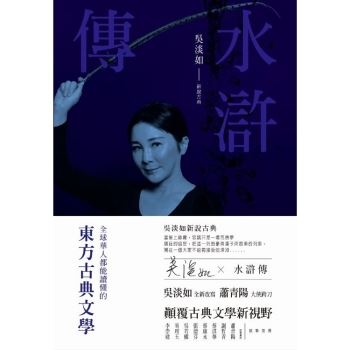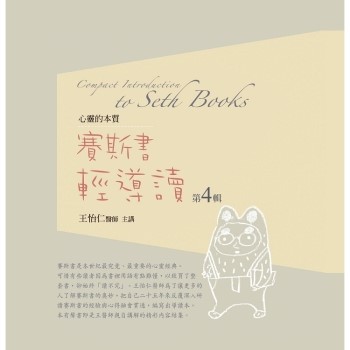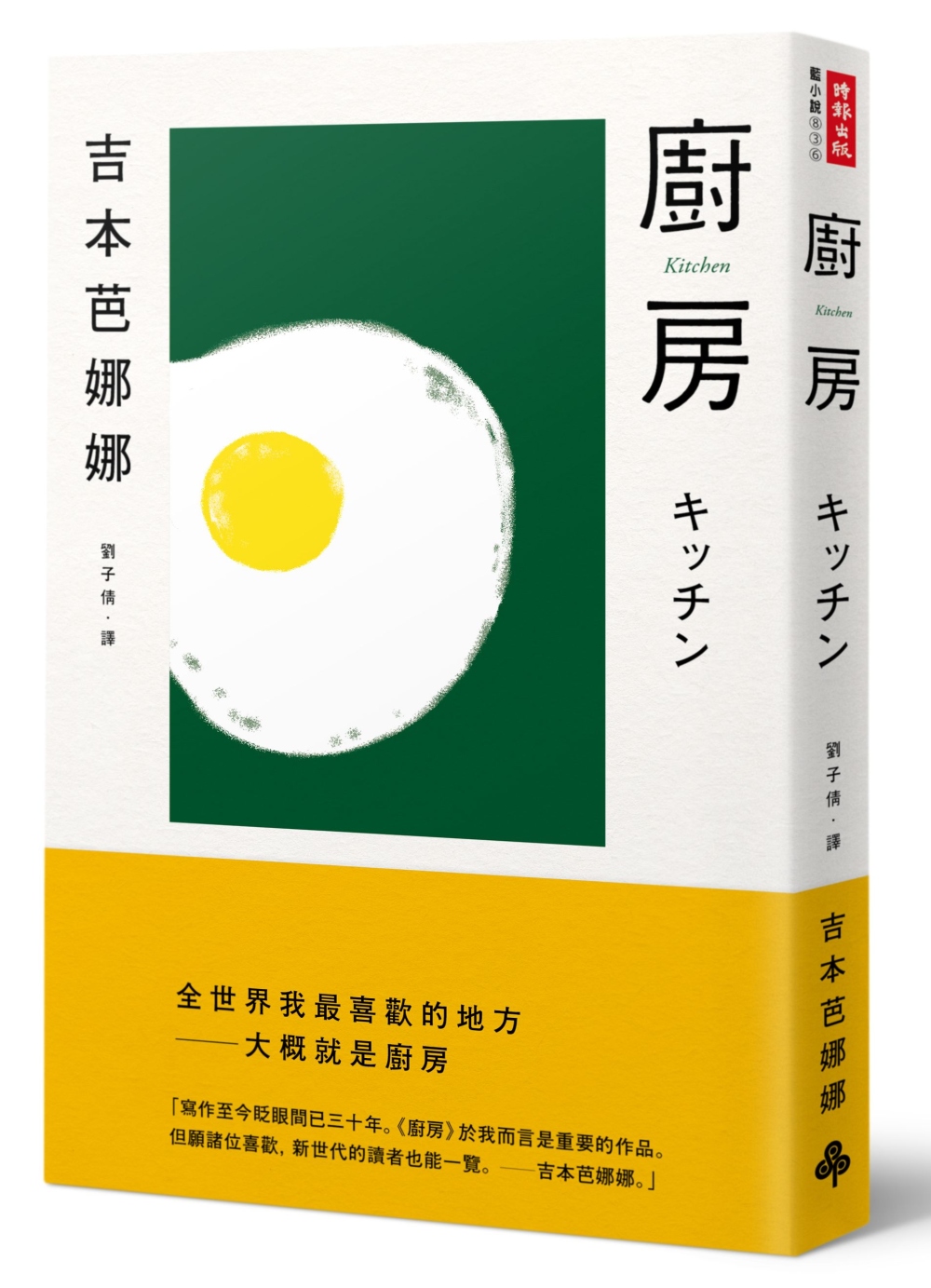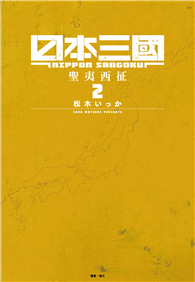Cultures of Modernity and the U.S.-Japan Cold War Alliance reconsiders the origins of postwar U.S.-Japan relations by focusing on "modernization" ideologies that the Americans and the Japanese shared in the 1940s-early 1950s. Mobilizing a wealth of English and Japanese-language sources, the author identifies parallel groups of modernist thinkers in America and Japan - including politicians, bureaucrats, intellectuals, scholars, and journalists - and follows how different strands of thought played out within an evolving political environment, forming a "middle ground." Despite their differences, both the Americans and the Japanese believed in the progressive view of history, considered Japan to be still underdeveloped, and therefore agreed on the advisability of democratizing Japan - which included constitutional reform. Whether proponents or opponents of the U.S.-Japan Cold War alliance system, they also shared the vision of Wilsonian internationalism and devised similar designs for a postwar Asian order where Japan would rejoin. Thus, by showing how the confluence of modernist cultures helped forge a postwar relationship between the two, this study contributes to the field of postwar U.S.-Japan relations by supplementing and reorienting the scope of scholarship, one that has been predominantly America-centered and framed along the line of diplomatic narratives informed by Cold War politics.
| FindBook |
有 1 項符合
Cultures of Modernity and the U.S.-Japan Cold War Alliance的圖書 |
 |
Cultures of Modernity and the U.S.-Japan Cold War Alliance 作者:Kimura 出版社:Routledge 出版日期:2024-07-19 語言:英文 規格:精裝 / 312頁 / 23.34 x 15.57 cm / 普通級/ 初版 |
| 圖書館借閱 |
| 國家圖書館 | 全國圖書書目資訊網 | 國立公共資訊圖書館 | 電子書服務平台 | MetaCat 跨館整合查詢 |
| 臺北市立圖書館 | 新北市立圖書館 | 基隆市公共圖書館 | 桃園市立圖書館 | 新竹縣公共圖書館 |
| 苗栗縣立圖書館 | 臺中市立圖書館 | 彰化縣公共圖書館 | 南投縣文化局 | 雲林縣公共圖書館 |
| 嘉義縣圖書館 | 臺南市立圖書館 | 高雄市立圖書館 | 屏東縣公共圖書館 | 宜蘭縣公共圖書館 |
| 花蓮縣文化局 | 臺東縣文化處 |
|
|
圖書介紹 - 資料來源:博客來 評分:
圖書名稱:Cultures of Modernity and the U.S.-Japan Cold War Alliance
內容簡介
作者簡介
Masami Kimura is Lecturer at Tokyo University of Foreign Studies. Her primary research area is U.S.-Japan relations, and her publications include "American Asia Experts, Liberal Internationalism, and the Occupation of Japan: Transcending Cold War Politics and Historiography," Journal of American-East Asian Relations 21, no. 3 (2014).
|











